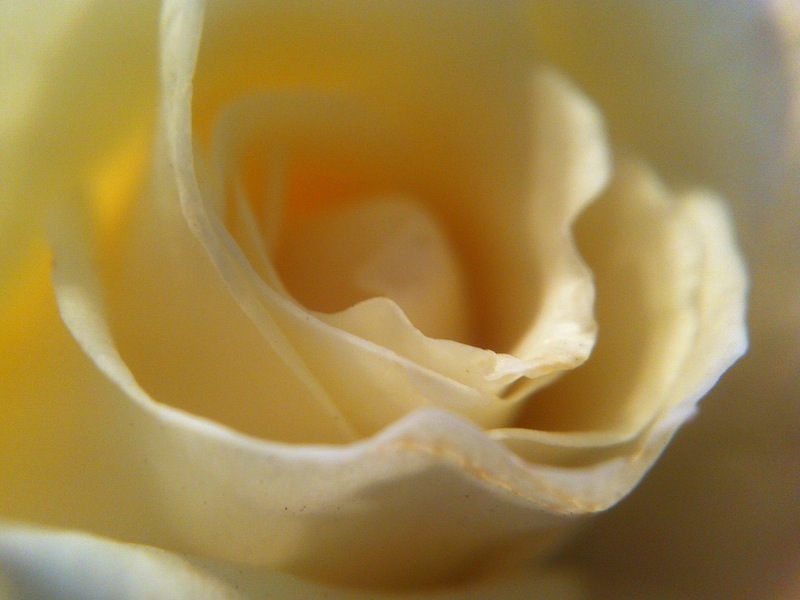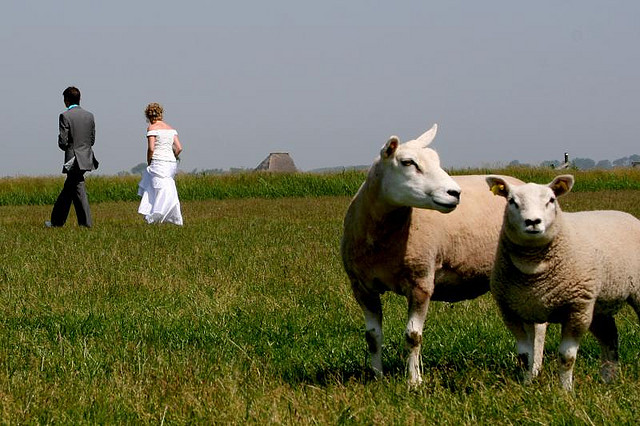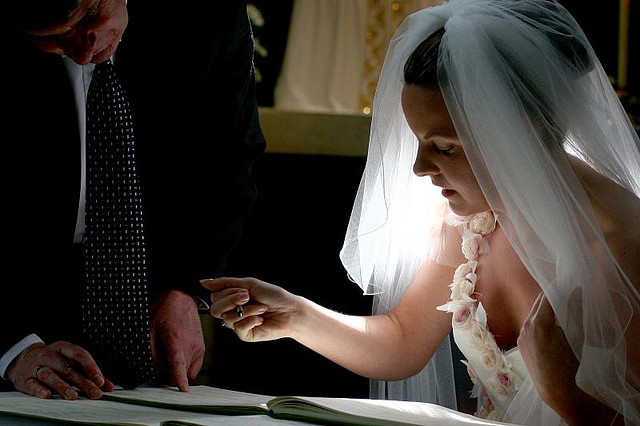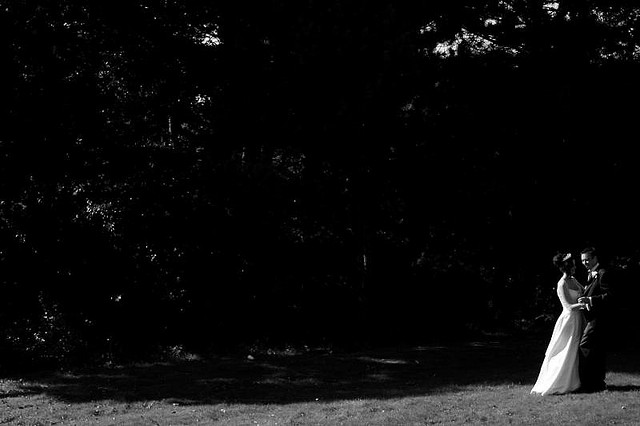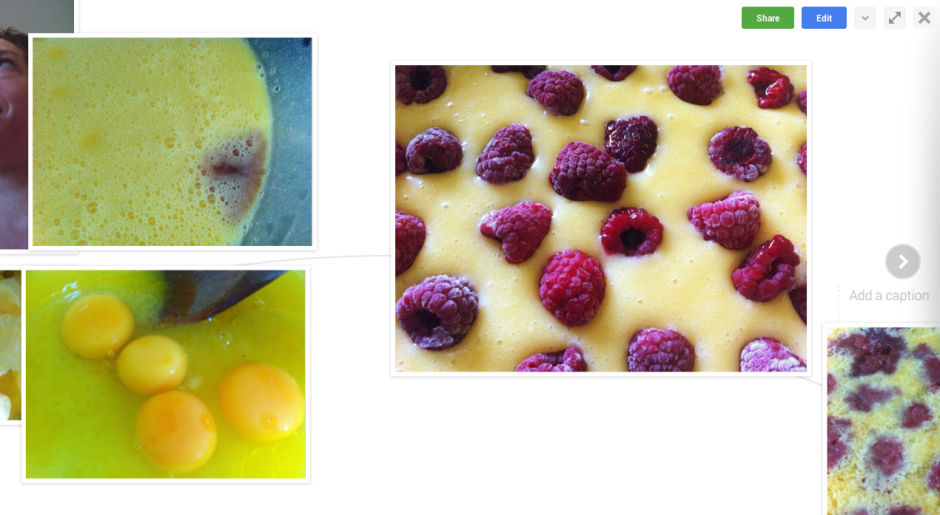Oh dear. That was a bit awkward. Sitting on the floor at my nephew's birthday party, trying to capture pass-the-parcel photos that weren't anything other than wadges of wrapping paper thrust towards me in a multi-coloured de-forested haze, I encountered a fairly recently married and really rather belligerent woman who who wanted to berate me for the fees charged by photographers. In particular, she was infuriated that her wedding photographer wouldn't just hand over a DVD of all the original images from her big day and couldn't understand why they needed to be edited and why she couldn't have them straight away. Yes, oh dear. Despite being focused on my attempts to capture my nephew smiling and my niece not resembling a demonic, sugar-crazed monster, I did try to offer a reasonable explanation for why her wedding photographer wouldn't just hand over raw images for a flat fee. Naturally, I coined what I think is the perfect analogy when it was too late and I was on my way home. Thus for the benefit of everyone who might yet face this scenario, here it is:
Asking a photographer to hand over a memory card, USB, or DVD of raw images is akin to asking an author to present you with their book in manuscript format: unedited, unformatted, and including the paragraphs and chapters that didn't make it.
For any brides, grooms, or parents of the soon-to-be- or just-marrieds out there who might be wondering the same thing, I hope this helps.
A bundle of unedited, unprocessed images isn't the whole story, the right story, or the finished story. You have to trust the photographer to produce a final version that's just right, as right as a book is on publication, as a painting on hanging in a gallery, or as a sculpture upon exhibition. What you're paying for is the complete product, finished by the photographer and making use of all of her or his skills. While any photo needs to be properly exposed and well composed, there are adjustments and edits that need to be made in post-production. And sometimes, they look better in black and white, too. This is all a part of what a photographer does; it is an integral part of of the process of creating images.
To continue with the book/author analogy, when you purchase a book, you don't get to choose the words on the page, or the images that might illustrate it; what you do get to choose is the format in which it comes, whether that's a signed hardback copy or a digital download. When your wedding photographer has done her or his job to tell the story of your wedding day, you can select from luxury albums or USB transfer.
If you're still not sure why photography is so expensive, there are plenty of photographers who've done their best to break down their costs and explain why wedding photography starts at around £1,500. (Yes, there are people who do start cheaper, and some more expensive. It's an average figure.) We even have an article covering it here on Photocritic. However, hoping that you'll be able to reduce your costs by asking for unedited images in digital format is a misrepresnetation of your wedding photographer's job.
I don't especially want to launch into a 'you get what you pay for' tirade about the perils of hiring an inexperienced photographer and the images from your wedding day being an unmitigated disaster. I understand that some people have very restricted budgets and finding the fees requested by some photographers is beyond them. There are photographers to suit every budget; you need to be certain of what they can provide and if it meets your expectations, but you must let them do their jobs. And that job is a finished product, just like an author's book.






